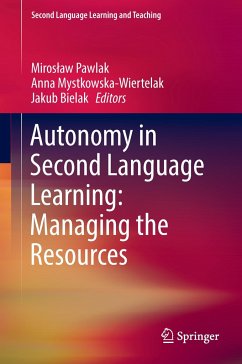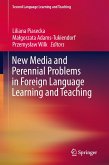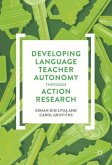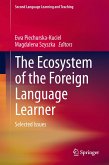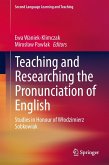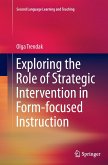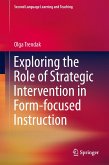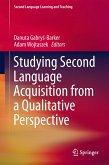The present volume brings together papers devoted to the role of learner and teacher autonomy in the process of second and foreign language learning, which have been contributed by scholars from Poland and abroad. The book has been divided into three parts in accordance with the topics that the individual contributions touch upon. The first part includes papers dealing with different ways in which learner autonomy can be fostered and evaluated. The papers contained in Part Two are connected with the role of language learning strategies in the development of learner independence. Finally, Chapter Three focuses on developing teacher autonomy, which, in the opinion of many specialists, is indispensable if learner autonomy is to be promoted. Thanks to its wide-ranging focus, this edited collection will be of interest not only to second language learning specialists interested in the role of learner autonomy, but also to undergraduate, graduate and postgraduate students working on their BA, MA and PhD theses, as well as practitioners wishing to promote learner independence in their classrooms.
Bitte wählen Sie Ihr Anliegen aus.
Rechnungen
Retourenschein anfordern
Bestellstatus
Storno

